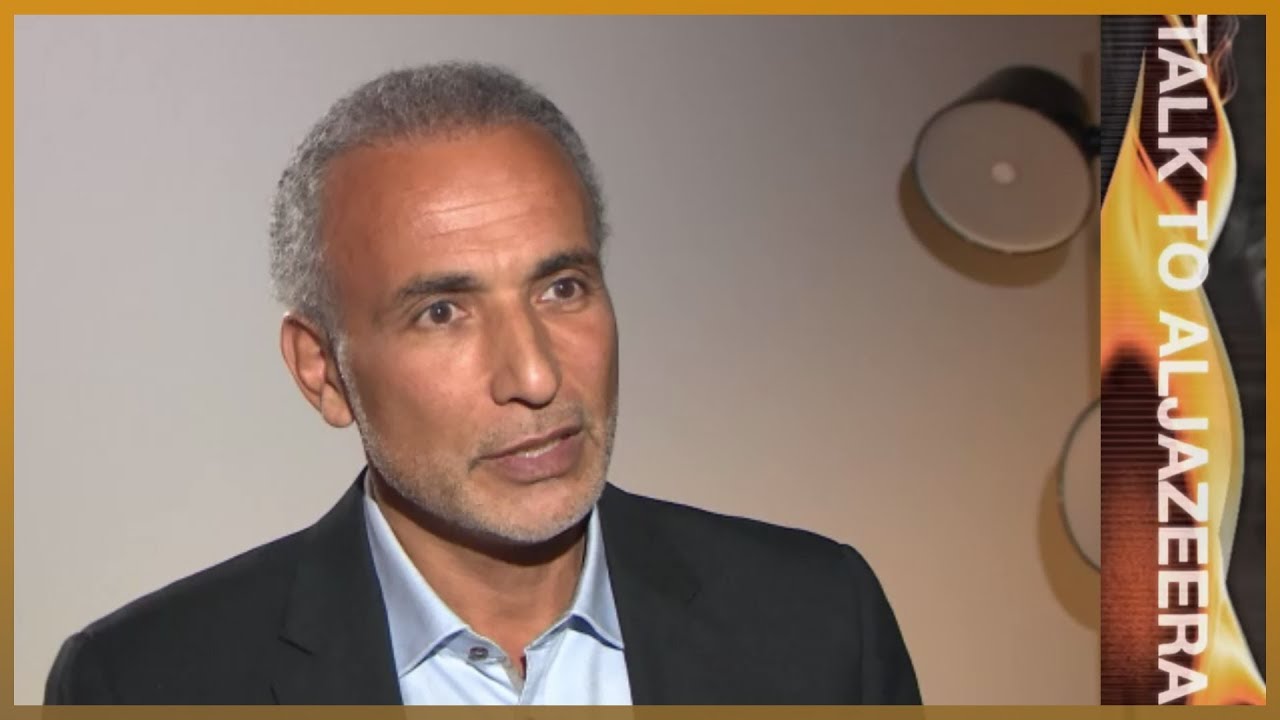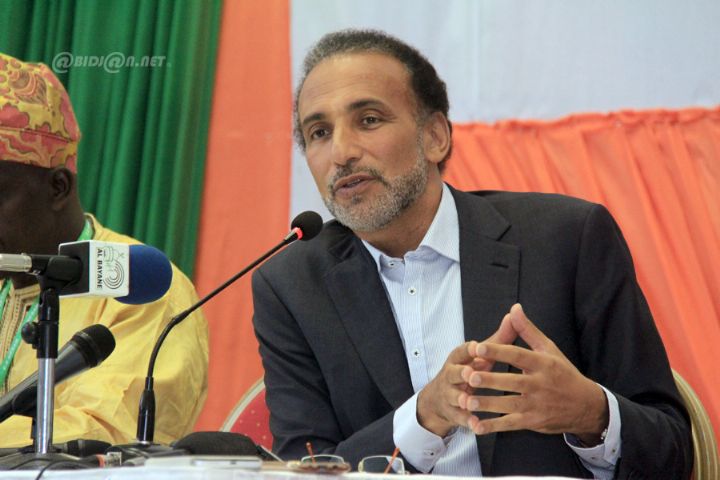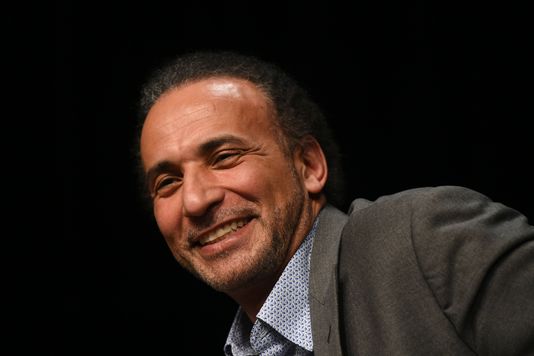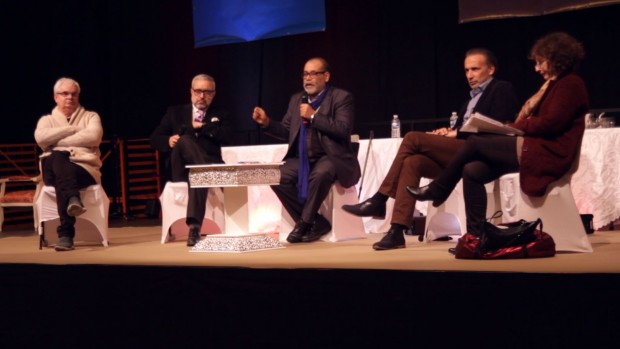Pr. Tariq Ramadan lectured last Wednesday about politics and human rights
Last Wednesday, as part of a series of Islam and human rights-based lectures at Laurier, renowned scholar Dr. Tariq Ramadan spoke about “When Politics of the State Interfere in Human Rights.” He was recently named by Time Magazine as one of the top 100 most influential scientists and thinkers. Ramadan discussed Western commitment to human rights, questioned ideological inconsistencies in its implementation, and brought up current rhetoric that perpetuates the polarization of the West and Islam.
Ramadan, speaking to a full house at the Maureen Forrester Hall, explained that the two pillars of human rights are equal dignity and equal rights. “My life is the same as your life, no matter what nationality, race, religion,” he said.
States sometimes interfere with human rights, Dr. Ramadan brought up. He explained that as citizens of democracy, we must hold our governments accountable to upholding the pillars of human rights for all.
Giving concrete examples of how some governments have undermined the right to equality, Ramadan pointed to European cases. In France, where headscarves are being questioned, and in Germany where Mosques are said to be disrupting the public sphere were exemplified. “It is against human rights to impose on a woman to wear a head scarf, but it is also contrary to human rights to make her take it off,” he stated.
He blamed the movement against Muslim characteristics in European societies to the rhetoric that stems from the normalization of far-right discourse. The main element of this discourse being what Ramadan called the “projection of ‘us’ and ‘them’” and explained that the war on terror nurtures and is nurtured by this idea.
Ramadan pointed to the Bush administration as a facilitator of this type of idea. He says the rationale behind the idea is that the West and Islam don’t share the same values. Nations with Muslim majorities are then forced to prove to the West that they maintain what the West has deemed “universal values”, like some notions of human rights.
Despite this, Ramadan did not point the finger directly at the United States. He explained that every individual and every nation has the responsibility to uphold basic human rights like equality. He advocated the discontinuation of the comparison between human rights records of nations, and the perpetuation of the evaluation of a country’s ideals and examine if these ideals are what they are practicing.
Ramadan ended his lecture by saying that human rights are “an ongoing struggle culturally, socially, religiously and psychologically.” As Laurier students who live in a democracy, he urged us to promote humility and consistency as a clear discourse for human rights. Ramadan said our perception of ‘us’ and ‘them’ could lead us to negatively perceive groups that ask for the same rights, and to attempt to distance ourselves from this discourse.
Source : CordWeekly.com








